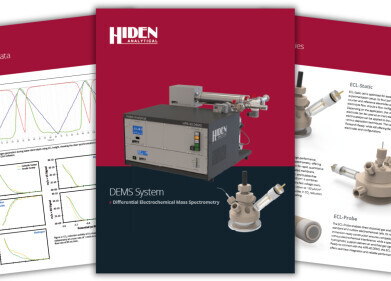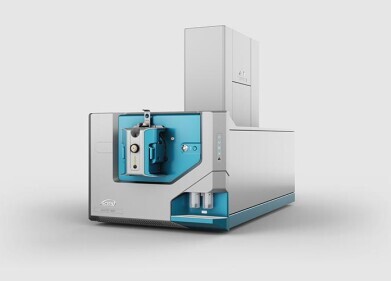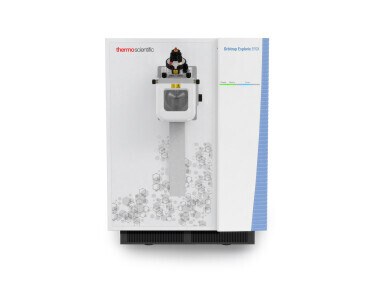Mass spectrometry & spectroscopy
How Does Eating Meat Affect Asthma?
Jan 31 2021
New research from the United States warns there could be a link between meat consumption and the development of childhood asthma. Working from the Mount Sinai School of Medicine, a team of scientists uncovered evidence suggesting pro-inflammatory compounds found in cooked meats could increase asthma-related wheezing in children. Known as advanced glycation end-products (AGEs), the compounds form when sugar in the bloodstream combines with proteins or fats.
The dangers of AGEs
“We found that higher consumption of dietary AGEs, which are largely derived from intake of non-seafood meats, was associated with increased risk of wheezing in children, regardless of overall diet quality or an established diagnosis of asthma," explains lead author of the study Jing Gennie Wang, a former fellow in Pulmonary, Critical Care and Sleep Medicine at the Icahn School of Medicine at Mount Sinai.
The study examined more than 43000 children aged between 2 and 17 years old, using data sourced in a program run by the U.S. Centres for Disease Control and Prevention. When comparing meat consumption frequencies and respiratory symptoms, the team found that children with higher AGE intake were more at risk of developing severe asthma symptoms, including wheezing.
Meat identified as an “early dietary risk factor”
The findings were published in the international respiratory and critical care journal Thorax and identified meat as an early dietary risk factor that could aggravate the inflammatory airway disease. The team assert that a better understanding of meat consumption and the presence of AGEs could help reduce the prevalence of childhood asthma in the United States.
Senior author Sonali Bose adds, “Research identifying dietary factors that influence respiratory symptoms in children is important, as these risks are potentially modifiable and can help guide health recommendations.” Bose, who works as an Assistant Professor of Pulmonary, Critical Care and Sleep Medicine and Pediatrics at Icahn School of Medicine at Mount Sinai, hopes the findings will be used to “inform future longitudinal studies to further investigate whether these specific dietary components play a role in childhood airways disease such as asthma.”
Addressing a public health crisis
The Asthma and Allergy Foundation of America estimated around 8.4% of children currently suffer from asthma. This number has been increasing steadily since the 1980s and scientists warn the trend will continue if new research isn’t prioritised. Asthma is also a concern in the UK, affecting around one in 11 children.
Find out more about what goes on behind the scenes of modern laboratories in ‘Benchtop NMR – Bringing New Access to Technology to the Next Generation of Scientists.’
Digital Edition
Lab Asia Dec 2025
December 2025
Chromatography Articles- Cutting-edge sample preparation tools help laboratories to stay ahead of the curveMass Spectrometry & Spectroscopy Articles- Unlocking the complexity of metabolomics: Pushi...
View all digital editions
Events
Jan 21 2026 Tokyo, Japan
Jan 28 2026 Tokyo, Japan
Jan 29 2026 New Delhi, India
Feb 07 2026 Boston, MA, USA
Asia Pharma Expo/Asia Lab Expo
Feb 12 2026 Dhaka, Bangladesh



















